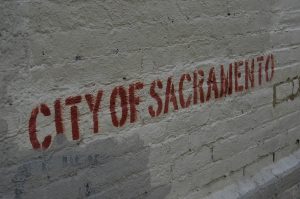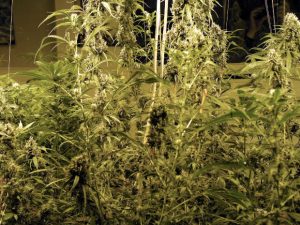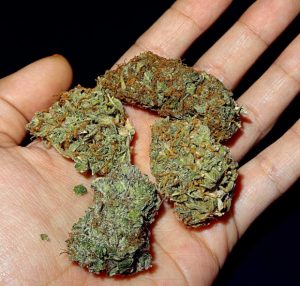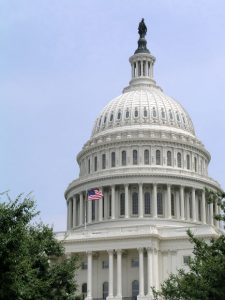California Vineyards May Cash in on CBD-Infused Wine After 2018 Farm Bill Lifts Hemp Ban
California vineyards seeking to cash in on possible cannibdiol-infused (CBD) wines may benefit from provisions of the much-touted 2018 Farm Bill, which amended the federal Controlled Substances Act to remove restrictions on both hemp and hemp-derived CBD, which is unique from marijuana in its lack of THC, the psychoactive agent in cannabis. However, as experienced Orange County cannabis industry attorneys, we urge wineries to proceed with caution and legal consultation.
Although the impact of removing restrictions on hemp and hemp-derived products is likely to be significant, technically federal agricultural subsidies don’t rope in growers of vegetables and fruits – including grapes. Plus, even as the federal ban on marijuana lifted, many states – including California – still have laws on the books making it unlawful to infuse hemp in alcohol or food products. The Farm Bill expressly allows states to govern their own regulation of hemp production, the same as it does with alcohol.
Congress did direct states to both license and track any hemp produced from seed-to-sale, but gives state lawmakers the authority to impose tighter hemp regulations if they so choose. However, state rules can’t be any less strict than federal guidelines and those regulations do need to get the U.S. Secretary of Agriculture’s approval stamp. Continue reading
 Cannabis Law Group's Medical Marijuana Legal Blog
Cannabis Law Group's Medical Marijuana Legal Blog













